Edgar J. Helms
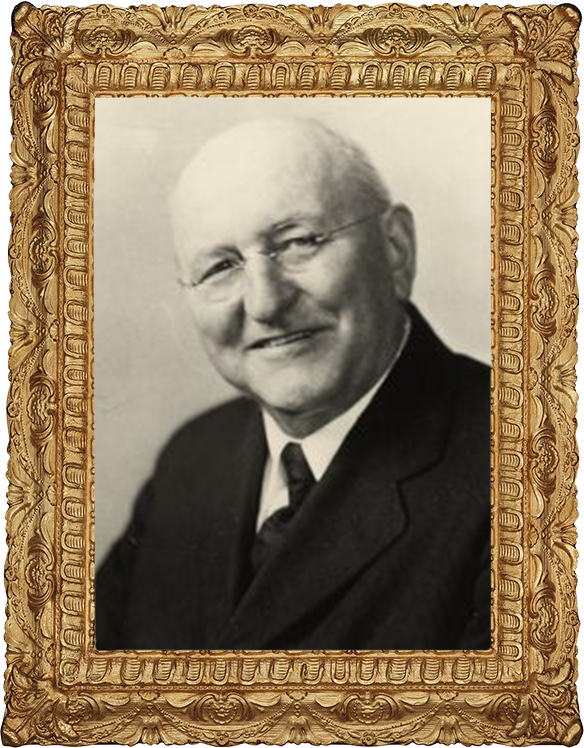
Edgar J. Helms
"Champion of Work" 1863-1942
Reverend Edgar J. Helms devoted his life to reshaping how society responded to poverty. After graduating from Boston University Theological School, he served as pastor of Morgan Chapel in Boston’s South End, a neighborhood filled with immigrants and families struggling to survive. Confronted daily with hardship, Helms grew convinced that handouts alone could not restore dignity or independence.
In 1896, he pioneered a revolutionary model: he collected cast-off clothing and household goods from wealthier neighborhoods and hired men and women who had been deemed “unemployable” to repair and resell them. By paying wages for honest work, Helms provided more than income—he offered self-respect and opportunity. His approach combined social service with enterprise, giving birth to what became Goodwill Industries.
Helms believed in “a hand up, not a handout,” and his vision resonated across communities, spreading far beyond Boston. Through his leadership and advocacy, Goodwill grew into a movement that helped millions, rooted in the belief that every person has value and potential. Helms’ legacy is not just an organization but an enduring reminder: when given the chance to contribute, people can rebuild their lives and strengthen their communities.
The greatest job in the world is love- love unselfish love, where there is nothing expected in return. That's heaven.

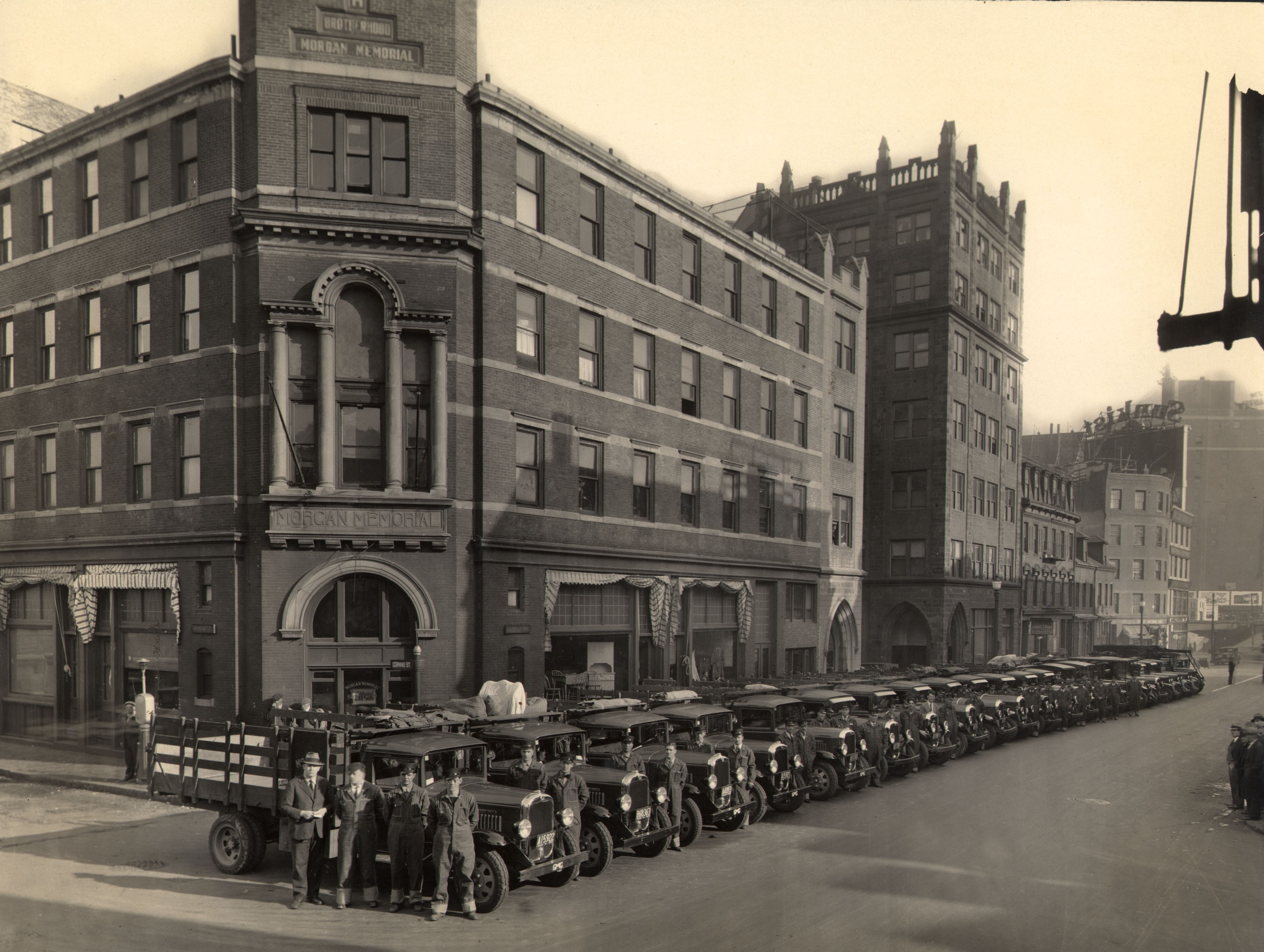
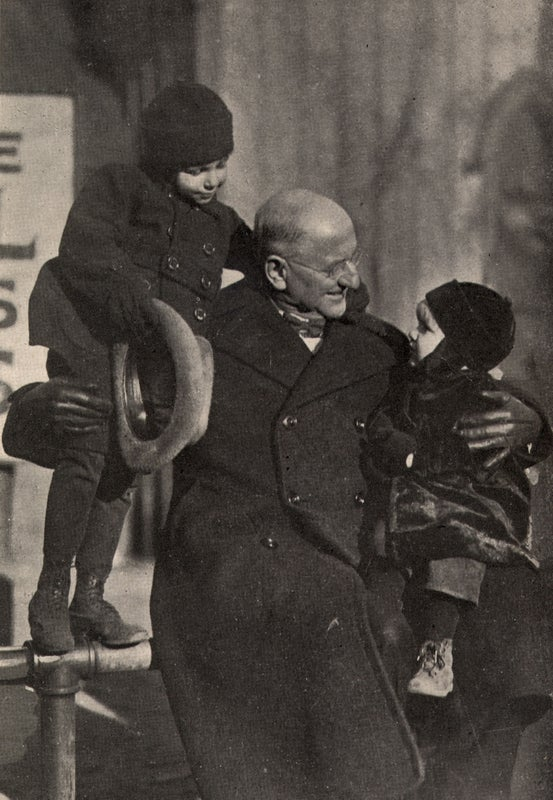
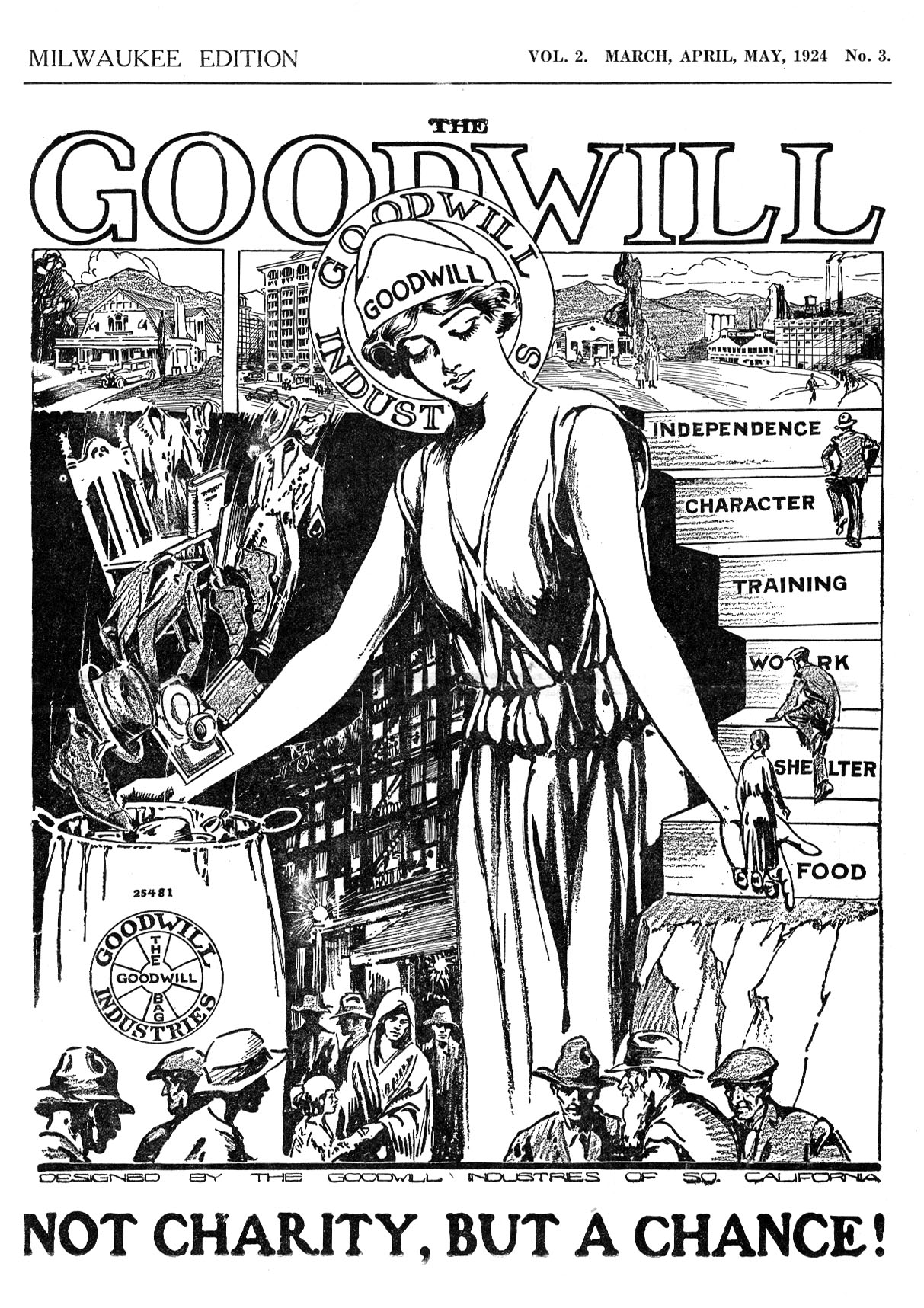
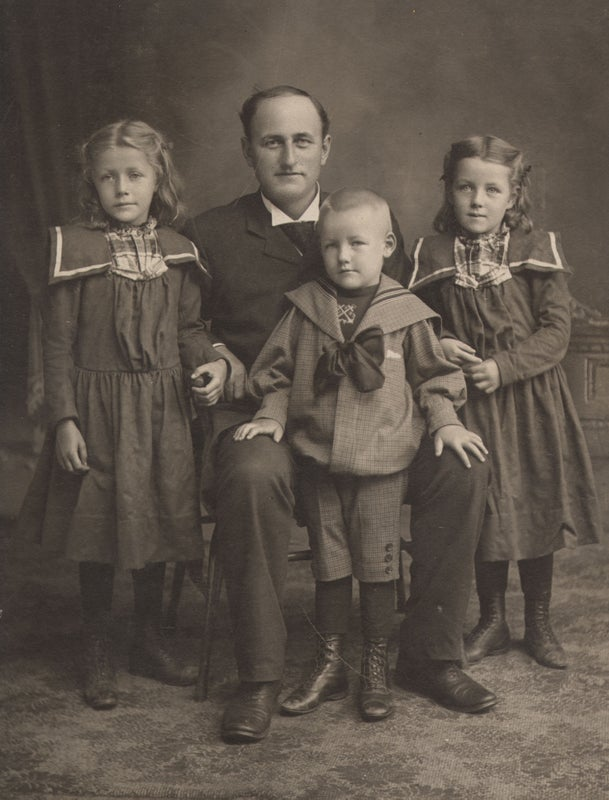
Planting Seeds In Evansville

In 1935, Evansville became part of the growing Goodwill movement. With no assets and only determination, community leaders opened Goodwill at 112 N.W. First Street. Donation bags were distributed through local churches, and Boy Scouts canvassed neighborhoods to collect clothing and furniture. A local company even lent a truck so donations could be hauled across the city — a simple but vital gift that made operations possible. That same year, Dr. Edgar J. Helms himself traveled to Evansville to encourage and commend the new organization. By year’s end, 27 men and women — many unable to find work elsewhere due to disability or hardship — had found employment at Goodwill. For them, this work was more than a paycheck. It was a chance to belong, to contribute, and to thrive.
